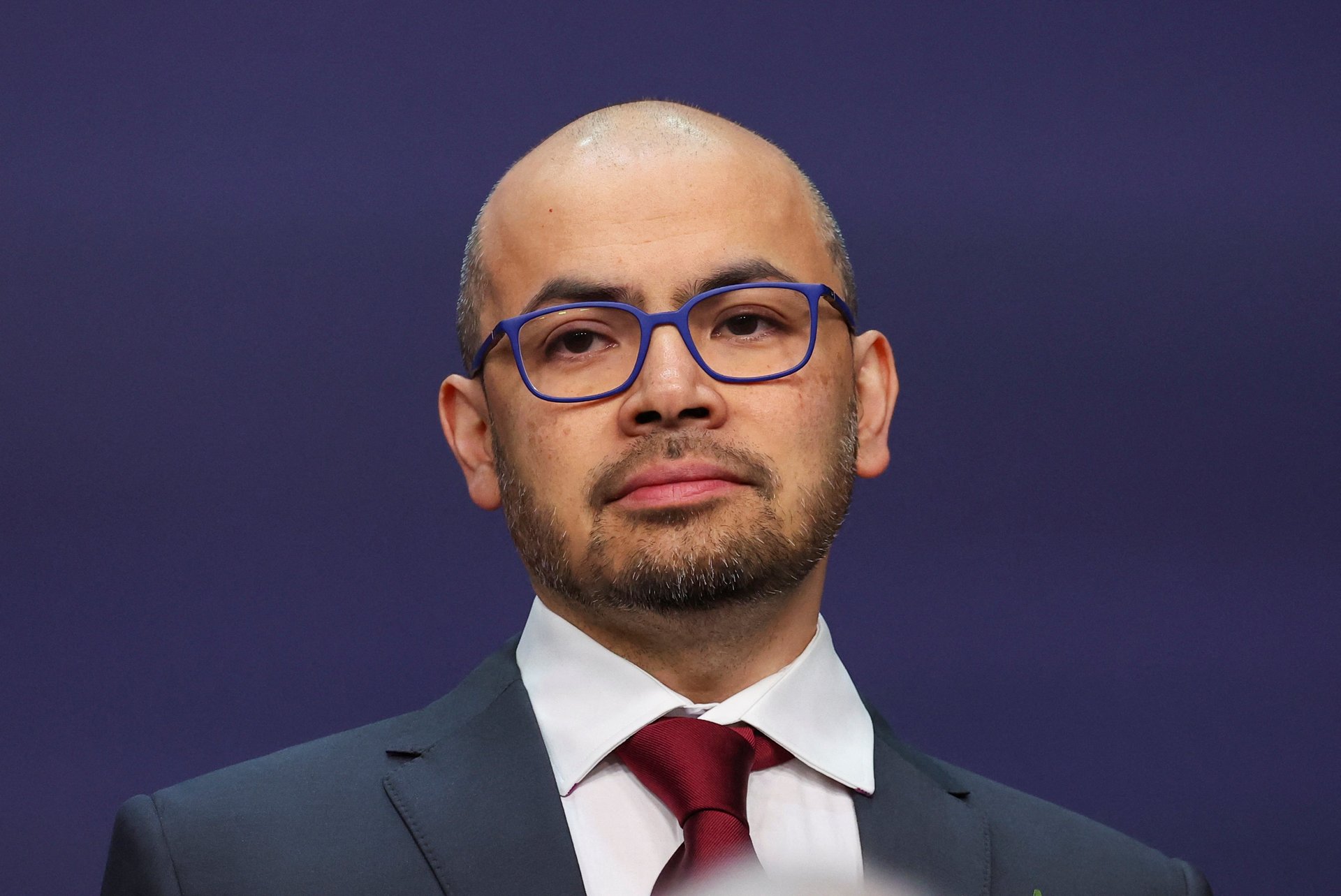Google's AI chief says the billions going into AI means a 'bunch of hype and maybe some grifting'
The money going into AI is distracting from the science and research its making possible, Google DeepMind CEO Demis Hassabis said

The billions of dollars going into AI is reminiscent of crypto hype, which is getting in the way of science and research, Google’s AI chief is warning.
Suggested Reading
The investment into AI “brings with it a whole attendant bunch of hype and maybe some grifting,” Demis Hassabis, co-founder and CEO of DeepMind, which was acquired by Google in 2014, told the Financial Times. He compared the phenomenon to crypto and “other hyped-up areas” and said similar hype “has now spilled over into AI, which I think is a bit unfortunate.”
Related Content
Hassabis also said the hype around AI “clouds the science and the research, which is phenomenal. In a way, AI’s not hyped enough but in some senses it’s too hyped. We’re talking about all sorts of things that are just not real.” Google DeepMind did not immediately respond to a request for comment.
Amid a tight race to develop bigger and better AI models, startups are seeing millions in investments (and even billions) that are boosting their valuations into the billions, leading some analysts to warn of an AI bubble.
After chipmaker Nvidia, which is behind the world’s most sought-after hardware powering the AI industry’s leading models and products, became the first semiconductor company to reach a $2 trillion valuation in February, some analysts were wary of how far the company can go.
“Another blockbuster quarter from Nvidia raises the question of how long its soaring performance will last,” Jacob Bourne, a senior analyst at Insider Intelligence, said after Nvidia beat earnings expectations. “Nvidia’s near-term market strength is durable, though not invincible.”
After Nvidia reached its $2 trillion valuation, Torsten Sløk, chief economist at Apollo Global Management, warned the current AI hype has surpassed that of the 1990s dot-com bubble.
Despite his warning, Hassabis said he believes the industry is “only scratching the surface” of what is possible with the technology. Alongside its AlphaFold model, which predicts the structures of proteins, Hassabis said Google DeepMind is also using AI to advance drug discovery research, weather prediction models, and nuclear fusion technology.
“We’re at the beginning, maybe, of a new golden era of scientific discovery, a new Renaissance,” he told the Financial Times.